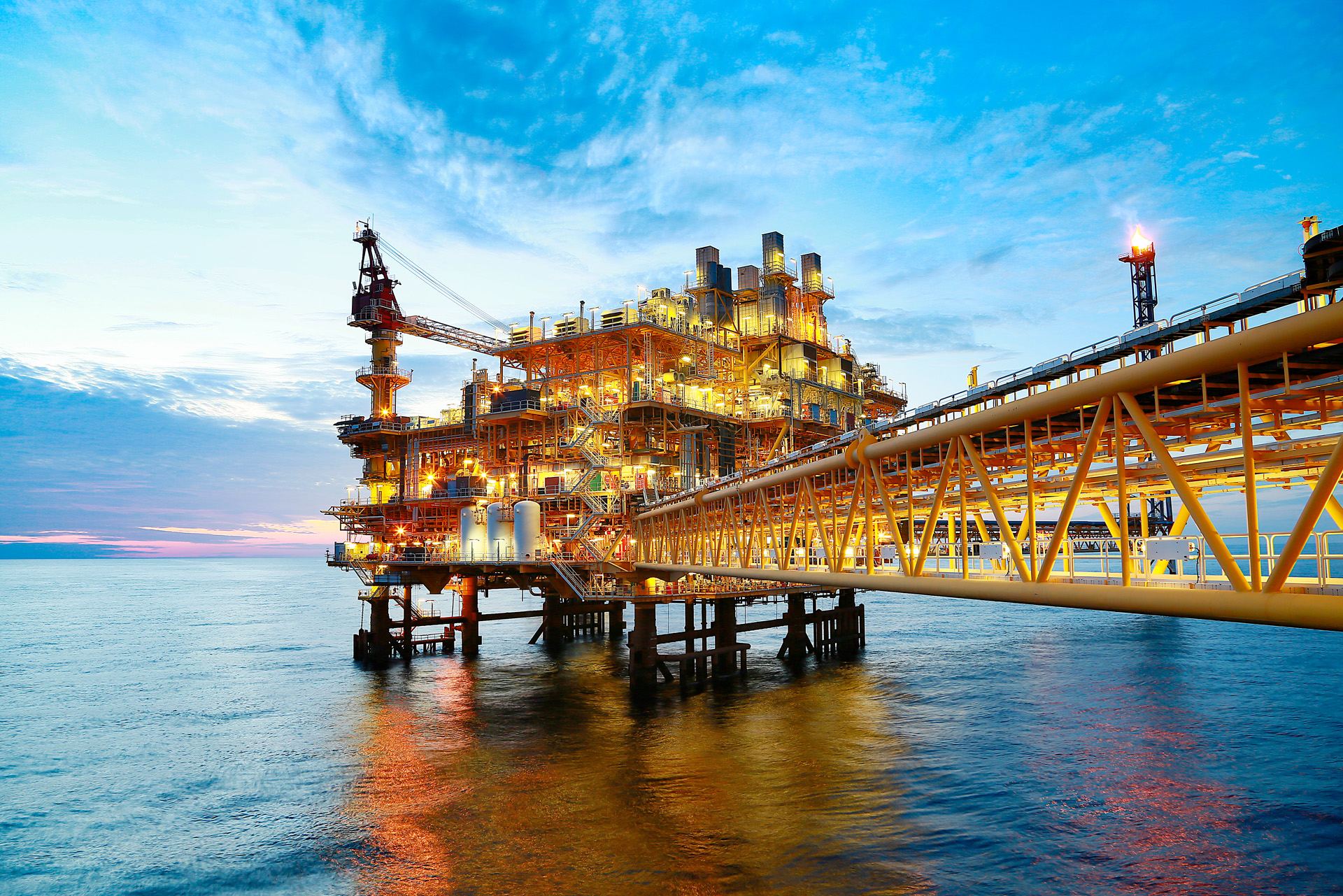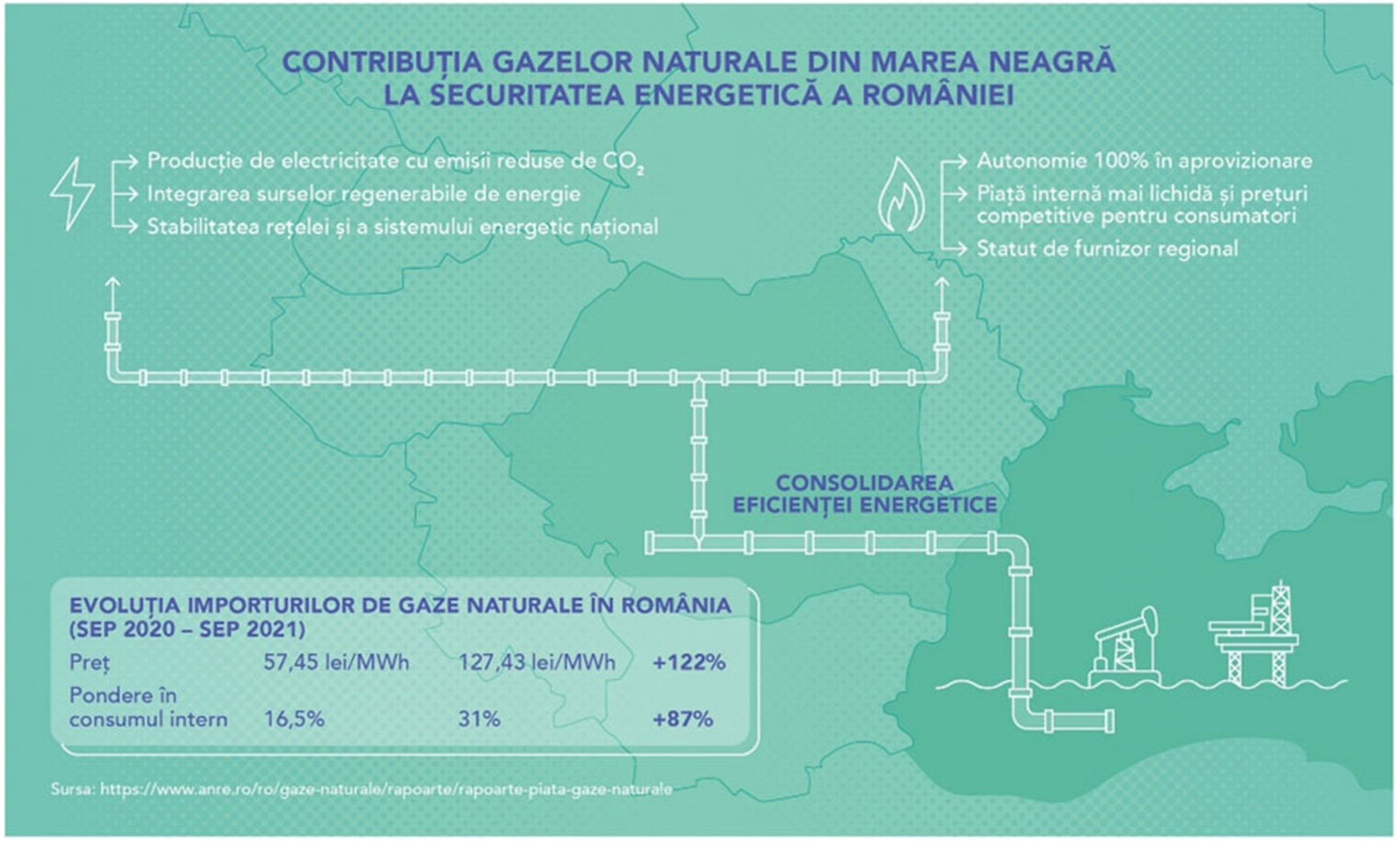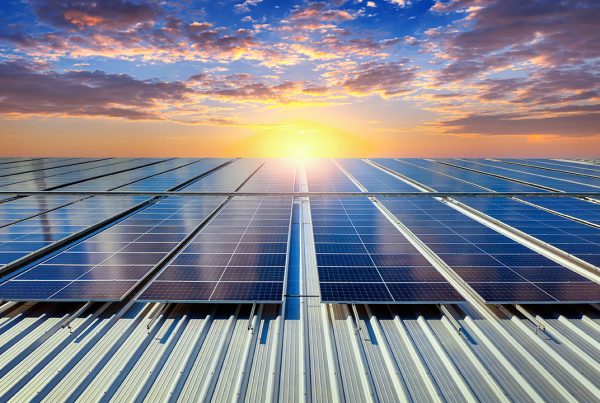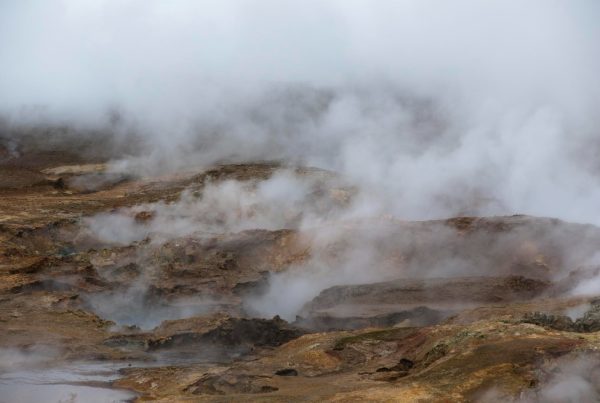The new geopolitical and energy market reality, following Russia's invasion of Ukraine, puts Europe's security of supply and energy independence in a new light. Plans to diversify supply sources in the European Union will be stepped up and identifying new resources in Europe can be part of the answer. In this tense context, Romania has an energy advantage few countries have: its own natural gas resources. So exploiting the important natural gas deposits discovered in the Black Sea should become a national priority.
The Black Sea concession companies have spent billions of dollars to identify gas reserves of about 200 billion cubic meters estimated to lie on the Romanian continental shelf. However, investments for exploitation have not yet been able to get off the ground in the absence of an attractive fiscal and legislative framework, as we pointed out in our Lessons to be learned from the European energy crisis.
"We are talking about energy security and we are not able to be independent when we have so many resources," said Cătălin Niță, Executive Director of the Federation of Oil and Gas Employers.
Romania is the second largest producer in the EU, but the quantities produced are not enough to cover domestic consumption. What's more, production is in decline, as confirmed by data published by the European Commission (see details HEREMeanwhile, the Black Sea resources discovered in 2012 have remained untapped, and Romania has ended up importing more and more natural gas to cover its domestic consumption.
Now, the leaders of the political parties in the ruling coalition have announced that the offshore law, needed to allow the exploitation of natural gas resources in the Black Sea, will be amended as a matter of urgency.
"As you can see, in this context, all the political forces of the coalition are in favor of approving the offshore law as quickly as possible. When it comes to Parliament, I guarantee you that it will pass very quickly, under the urgent procedure", said Florin Cîțu (source, HERE).
His statements came a few days after Chief Executive Nicolae Ciucă said that the leaders of the coalition have pledged that the Offshore Law will enter the Parliament in the next period. He said that "it is not more than one month, maximum two".
In turn, PSD leader Marcel Ciolacu emphasized that this law is a priority for the Government and he hopes that in this way Romania will get rid of its dependence on Russian gas.
"I hope that Russian gas will be replaced, first of all, in the largest proportion, by Romanian gas. You know that our dependence on Russia is, I think, the lowest in Europe. The offshore law is a priority for me and that is what I announced at the beginning of this parliamentary session. I firmly believe that in the coming weeks the offshore law will pass through parliament", said Marcel Ciolacu.
REPowerEU: The European Commission's new resilience strategy
Ukraine's invasion "does not help the gas case", said Nareg Terzian, spokesman for the International Association of Oil and Gas Producers. But he said "there is an important distinction to be made between the role that natural gas plays in the EU's energy system and where the EU gets it from". Seeking new sources of imports and drilling for new resources in Europe itself should be part of the answer, he stressed (source, HERE).
To make the EU's energy system more resilient, the European Commission proposed the REPowerEU plan earlier this month and One of the two pillars is the diversification of supply sources, thanks to increased imports of LNG and pipeline gas from suppliers outside Russia (details, HERE).
Adapting the Green Deal to the new geopolitical reality
The pressure to ensure the stability of the energy sector and security of supply has grown to such an extent that European Commission vice-president Frans Timmermans, responsible for the Green Deal, made an announcement earlier this month that seemed unthinkable a year ago: countries could "stick with coal longer" before switching to renewables (source, HERE).
In fact, more and more voices are beginning to emerge at European level, arguing that the Ecological Pact needs to be made more flexible. In the light of the paradigm shift brought about by the Russian war in Ukraine, there is no reason to stop or denounce the Green Deal, but it makes a lot of sense to significantly change itwrites Radan Kanev, an MEP from the Bulgarian Democratic coalition, affiliated to the European People's Party (EPP).
"The EU should reconsider and adapt the Green Deal, in particular the Fit For 55 package, to the new geopolitical reality", he says, in a opinion published by EurActiv.com.
"The EU's top priority should be energy independence and security of energy supply at the lowest possible prices (although energy prices and energy poverty will be on the rise, at least as a medium-term trend). All possible energy sources will be explored and developed"said the MEP.
According to him, "we need to reconsider definition of sustainability, somehow reverting to the original meaning of the word in most European languages - an adjective meaning rather stable, safe and longer lasting than green".
"While no one knows what the days ahead will bring, there is no doubt there will be a new goal: energy security and supply"says Alena Mastantuono, member of the Employers' Group of the European Economic and Social Committee.
She added that this crisis "presents a historic opportunity to address our current vulnerabilities for the benefit of our economic and national security" (source, HERE).
Time for Romania to show what it can do
Even if the offshore law will be passed this year, actual production cannot start sooner than 4 years, given the complexity of such large-scale projects, which Viitorul Energiei a explained it in the The offshore gas route: from hundreds or thousands of metres below sea level to the stove. However, every moment of delay in approving the legislation only further delays the moment when these resources will be brought to the surface and reach consumers.
"By capitalizing on the hydrocarbon potential of the Black Sea, Romania can become a regional energy security provider," says the plan. Romania's Energy Strategy 2020-2030, looking 2050 ahead.
More than ever, it's time for Romania to show what it can do!






